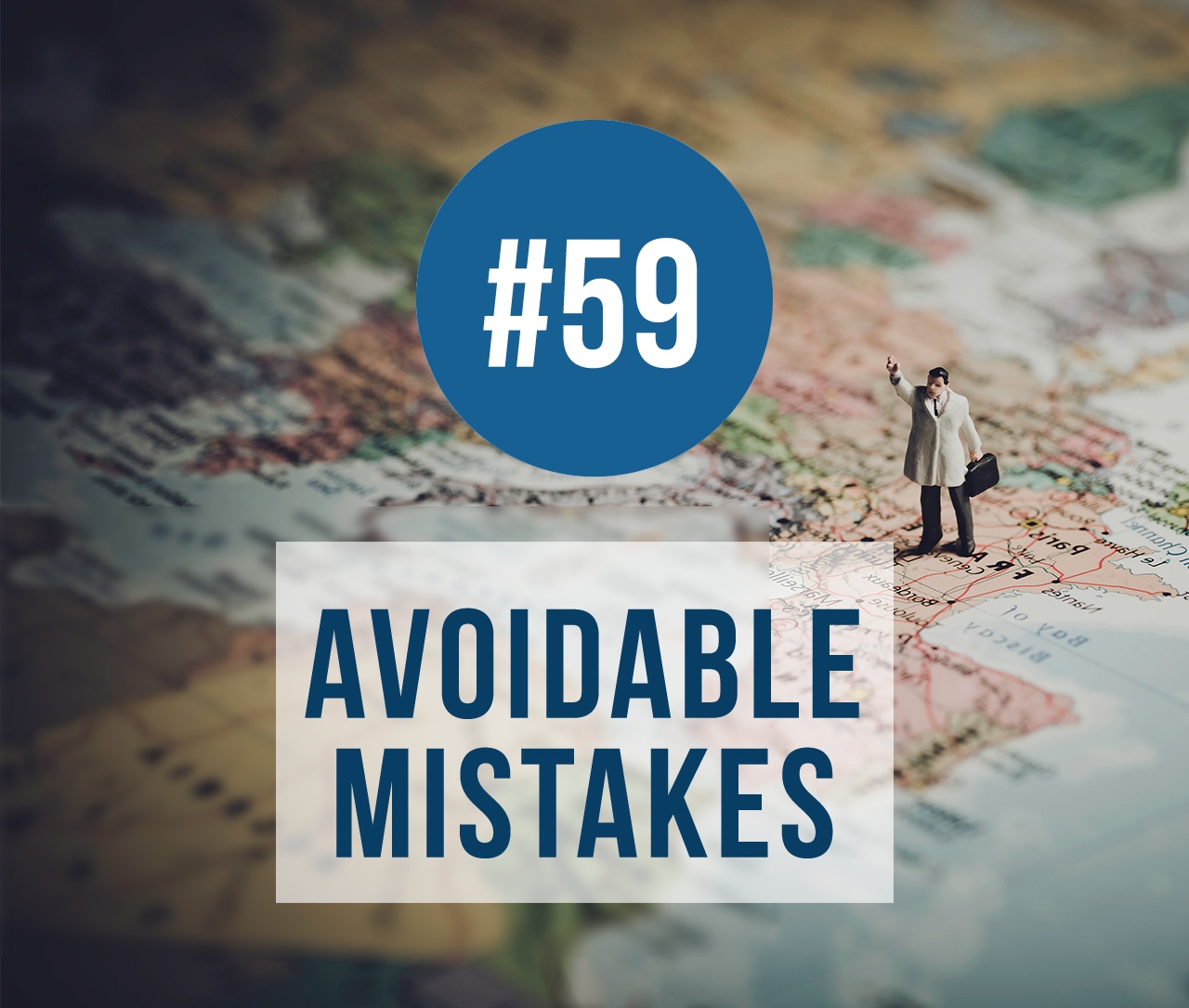How to Assign Intellectual Property to Your Company Successfully
If you or another founder created any intellectual property prior to forming your company, you have to assign that IP to the company after it's...
3 min read
 Chris Daming, J.D., LL.M.
:
Aug. 3, 2024
Chris Daming, J.D., LL.M.
:
Aug. 3, 2024
Common law trademarks are trademarks that are used in trade but are not registered. As long as your mark meets the distinctiveness requirement and identifies your product then it will be entitled to common law trademark protections even if you don’t register it.
It’s important to understand your rights for two reasons.


Legal GPS Pro
Protect your business with our complete legal subscription service, designed by top startup attorneys.
Probably. Common law trademark rights is applicable to most brands. However, it’s especially important for brands that want to maintain their goodwill but don’t want or need to federally register their mark. If you’re a local brand but have no intention on expanding, then federal registration isn’t as important.
Secure Your Startup’s Brand and Inventions
Even if you don’t federally register, you can still have common law trademark rights you can enforce against competitors to keep them from stealing goodwill where you’ve already used your mark. But you have to know your rights and enforce them or else it’s “use it or lose it.” If you never protected your brand, local companies could still steal or damage your goodwill.
If you never know your rights or enforce them, you allow your trademark to be diluted and weakened. How does this happen? Remember that what makes a trademark strong is its distinctiveness or ability to distinguish your products from everyone else’s. When the buyer sees your mark on a product, he will automatically know it’s yours. The more people use a mark that’s similar to yours, the less your mark is able to distinguish itself from the competition. In this case, when a buyer sees the mark he will think the product may be from you and it actually be someone else’s, or vice versa. If it gets associated with enough different sources, pretty soon it won’t be distinctive at all--which hurts your goodwill and branding.


Legal GPS Pro
Protect your business with our complete legal subscription service, designed by top startup attorneys.
First, understanding what rights you get with a common law trademark. Those are:
Second, you need to enforce your trademark against possible infringement.
|
Example Will had a business called Salesly that advertised and had customers nationwide. Will hadn’t set up his trademark yet, and a new company with the same name started advertising along the west coast. Will called up the company and told them to stop using his name, and they told him he had no rights to the name because one of their founders was also a law student and he said they hadn’t registered their trademark with the US Patent & Trademark Office. |
The biggest question now is, "Do I need a business lawyer?” For most businesses and in most cases, you don't need a lawyer to start your business. Instead, many business owners rely on Legal GPS Pro to help with legal issues.
Legal GPS Pro is your All-In-One Legal Toolkit for Businesses. Developed by top startup attorneys, Pro gives you access to 100+ expertly crafted templates including operating agreements, NDAs, and service agreements, and an interactive platform. All designed to protect your company and set it up for lasting success.

Legal GPS Pro
Protect your business with our complete legal subscription service, designed by top startup attorneys.

If you or another founder created any intellectual property prior to forming your company, you have to assign that IP to the company after it's...

You may file a provisional patent when your invention is almost complete or if you’re ready but haven’t quite perfected your patent application....

To register your trademark, it must be "distinctive" rather than generic. This means that it can't simply describe the product or service. For...